More than a year on since the historic vote to exit the EU and we are all no clearer on anything regarding the food and drink landscape post-Brexit. This is what mainstream media would have us believe at least, with an undercurrent of Brexit-related foreboding accompanying every feature.
Inflation outstripping wages? That’ll be Brexit. Shrinking products? That’ll be Brexit. Can’t get the staff? That’ll be Brexit. Never been good at foreign languages? Yes, why shouldn’t that be Brexit, too? After all, all the other things listed were true well before last June’s vote.
There are seismic changes already in full swing in our sector, and speculation on the effects of Brexit can only make sense if considered in the context of these changes that are already occurring.
To begin with, traditional retailers are struggling to keep up with the speed of change in consumer buying behaviour influenced by new entrants, new options, and ever-tighter budgets. Who knew Aldi would push the Coop out of the number 5 position by attracting 4x4 driving Waitrose customers? It’s a clear signal that anything is possible. Hence, don’t expect the price war to end anytime soon, because you can’t make money if your car park is empty: low profit is better than no profit, Brexit or no Brexit.

Trade buyers are already looking for value. When the walls come down there’s a whole new world of buying possibilities about to present themselves. Here’s a tip: ignore whatever deal the UK strikes with the EU, for it is practically irrelevant; keep your eyes on the tariff deals done with everyone else! Chlorinated chickens and hormone-riddled beef is just the start of it.
The implication is that margins and profits will continue to be wafer thin in retail for the foreseeable, and unless the government concoct standards barriers similar to those operated as part of the EU, UK based manufacturers will need to radically alter their approach to cost control if they are to compete with new sources who will be immediately 20% – 30% cheaper.
So, apart from distancing themselves from the Fairtrade organisations that might prove inconvenient when it comes to low cost African sourcing in two years, what are supermarkets doing? Following the easy money, of course.
Everyone knows there’s more margin in food service, and a perception of comparatively under-developed (fat) operations, so no great surprise that there’s a shift in this direction. Tesco’s bid for Booker is just the tip of the iceberg. Any manufacturer with any sense nowadays is looking how to cope with the ugly-bride complexity of food service, rather than rely on the ‘all eggs in one basket’ low margin retail volume contracts that get tendered periodically with often tragic win-lose consequences.
But is this the future? Good grief, no, it is simply kicking the can down the road. New entrants and cheap sourcing is one thing, but what about online and convenience?
UK online grocery sales by value grew from 6.7% to 7.3% in the year to June [Kantar], and Brits are second only to South Korea in the proportion of groceries they buy online. Consumers are also increasingly turning to innovative entrants like meal kit providers, who deliver exactly what consumers need, without the waste of leftovers or the faff of going to get it. That’s true convenience with a capital C. Supermarkets might look busy with all their so-called restructuring right now, but this is the future.
Still not sure? In case you missed it, Amazon’s purchase of Wholefoods will be viewed historically as the metaphorical equivalent of the comet that did for the dinosaurs. It cost them $13.7billion, a seemingly ludicrous price, but covered by an immediate increase in the Amazon share price. Why? All they need to do is work out how to run a grocery supply chain profitably, which nobody here thinks they can do, but it is clearly possible and justified in the context of the success of companies like HelloFresh who from a standing start 6 years ago now deliver 10 million meals a month across 8 countries, including the UK.
In this context, Brexit can be seen for what it is: another factor to take in to account in a much larger strategic landscape. When you look at the facts, and think about it, there is no real uncertainty about Brexit. We can’t wait on politicians to keep up - change in our sector is not waiting for anyone, on that you can rely.
Richard Shipperbottom is CEO of Applied Acumen







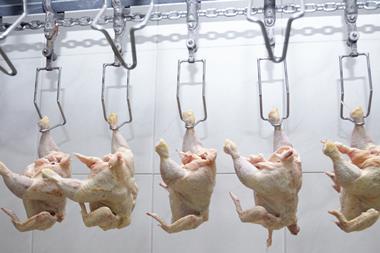
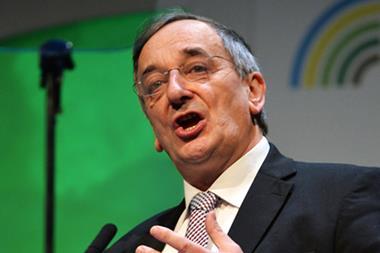
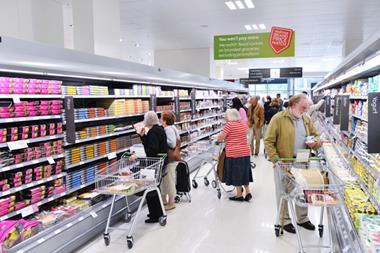
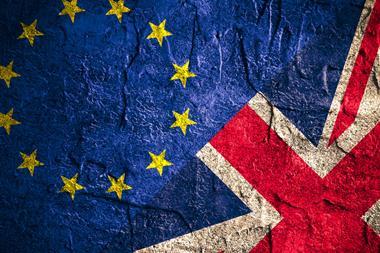
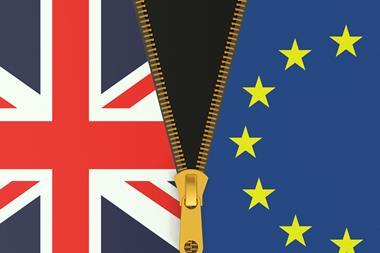



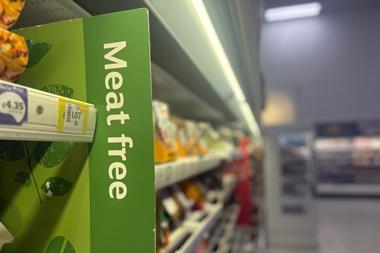
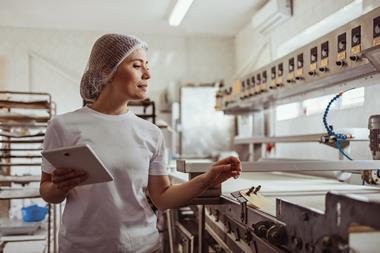


No comments yet